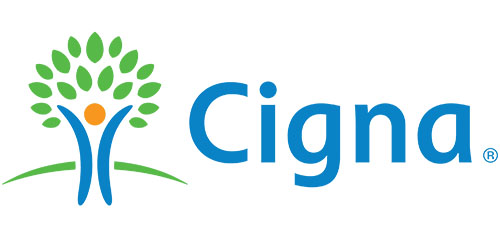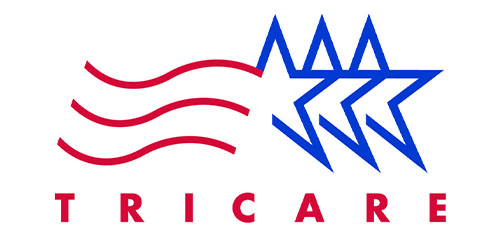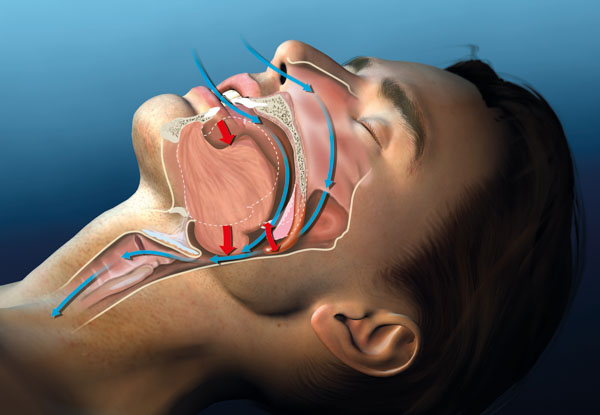
Dr. Hart Helps Modesto Defeat Snoring
Click or Call Below for a FREE Consultation
Most Insurance Accepted
In-Network with:





Snoring May Indicate Sleep Apnea
Dr. Hart has been helping her patients overcome snoring, improving their well being. Did you know snoring is caused by the vibration of soft tissues in the mouth, throat, and nose when air flows past them during sleep?
The following factors can contribute to snoring:
- Obesity: Excess fat in the neck can put pressure on the airway, making it more likely to collapse during sleep and cause snoring.
- Aging: As we age, the muscles in the mouth and throat become less toned and can contribute to snoring.
- Alcohol and sedatives: Alcohol and sedatives can relax the muscles in the mouth and throat, leading to snoring.
- Nasal congestion: Nasal congestion can cause breathing difficulties, leading to snoring.
- Sleep position: Sleeping on your back can cause the tongue and soft tissues in the throat to fall to the back of the throat and obstruct the airway, leading to snoring.
- Sleep apnea: Sleep apnea is a condition in which the airway becomes partially or completely obstructed during sleep, causing snoring and other symptoms.

It is important to see Dr. Hart if you are concerned about your snoring, as it can be a sign of a more serious underlying condition. Dr. Hart is nationally recognized for her expertise in helping people just like you with their snoring and will be able to plan a treatment course for you that will treat the source of your snoring.
Snoring and Sleep Apnea are Serious
Snoring is often a symptom of a more serious underlying condition called sleep apnea, which can lead to several health risks, including:

- High blood pressure: Sleep apnea can cause an increase in blood pressure, which increases the risk of heart disease and stroke.
- Cardiovascular disease: Sleep apnea is linked to an increased risk of cardiovascular disease, including heart attack and stroke.
- Type 2 diabetes: Sleep apnea can increase insulin resistance, which is a risk factor for developing type 2 diabetes.
- Metabolic syndrome: Sleep apnea is associated with a higher risk of metabolic syndrome, which is a group of conditions that increase the risk of heart disease, stroke, and type 2 diabetes.
- Cognitive impairment: Sleep apnea can cause fatigue, sleep deprivation, and decreased oxygenation to the brain, leading to cognitive impairment and reduced mental functioning.
It is important to talk to Dr. Hart if you have concerns about your snoring or sleep apnea.
Schedule a FREE Consultation Today
Snoring Treatments
Treatment for snoring varies depending on the underlying cause and may include the following:
- Lifestyle changes: Losing weight, avoiding alcohol before bedtime, and sleeping on your side can help reduce snoring.
- CPAP (Continuous Positive Airway Pressure): This is a treatment for sleep apnea and involves wearing a mask over your nose or mouth while you sleep to deliver continuous positive air pressure to keep your airway open.
- Oral appliances: These are custom-made devices that fit in your mouth and reposition your jaw and tongue to help keep your airway open.
- Surgery: In some cases, surgical procedures may be recommended to remove excess tissue or tighten the throat muscles to reduce snoring

The effectiveness of these treatments varies from person to person and depends on the underlying cause of the snoring. Dr. Hart will discuss these potential options with you, machines and surgery won’t be necessary because of Dr. Hart’s extensive training in treating the cause not masking the symptoms.
Snoring in Children

If your child snores, you must call Dr. Hart, snoring in children can have various causes, including:
- Nasal congestion: Nasal congestion can cause breathing difficulties and lead to snoring.
- Enlarged tonsils or adenoids: Enlarged tonsils or adenoids can obstruct the airway and cause snoring.
- Obesity: Excess weight can put pressure on the airway, making it more likely to collapse during sleep and cause snoring.
- Sleep apnea: Sleep apnea is a condition in which the airway becomes partially or completely obstructed during sleep, causing snoring and other symptoms.
- Family history: Snoring can be a hereditary condition and children who have parents who snore are more likely to snore themselves.
In addition, treating sleep apnea can lead to improved quality of life, including better sleep, increased energy, and improved mental and emotional health. Seeking treatment for sleep apnea as soon as possible can help prevent these serious health problems and improve overall well-being.
Dr. Hart has helped Modesto Overcome Sleep Apnea

If you are experiencing symptoms of sleep apnea, it is important to consult with Dr. Hart. Dr. Hart may recommend a sleep study to diagnose sleep apnea and determine the severity of the condition.
Based on the sleep test results Dr. Hart will be able to determine the most effective treatment to treat the root cause, not mask the symptoms.